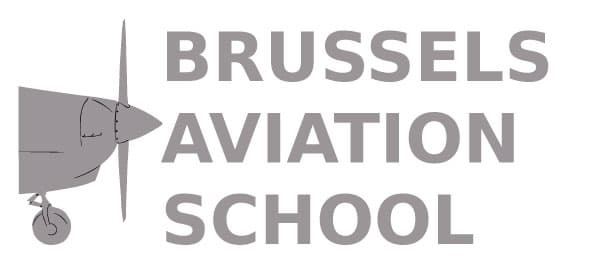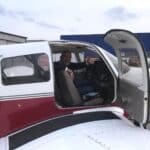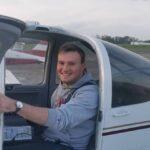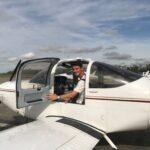Source: IAPOA Europe enews – June 2013
« EASA has published its final opinion on ‘Qualifications for flying in Instrument Meteorological Conditions (IMC)’ – the new rules intended to make the instrument rating more accessible for private pilots. The opinion does not solve the UK concerns over the IMC rating, but it does contain a number of significant proposals that will make it more realistic for a private pilot to obtain an IFR rating. This includes significant reductions in the theoretical knowledge requirements, a competency-based approach which will accommodate pilots holding an instrument rating issued outside Europe and an enroute instrument rating (EIR) with limited privileges, but which can serve as a stepping stone towards the full IR.
The theoretical knowledge requirements today involves a whole range of subjects not relevant for a PPL pilot who wants to fly IFR in Europe in a light piston-engine aircraft and have been an unnecessarily big obstacle. The proposal is now to remove the advanced and high-performance subjects from the curriculum and cut down the required ground-school hours from 200 to 80 hours, most of which can be done as distance learning, so that the number of classroom hours requiring physical presence is limited to eight hours. Remaining subjects can be taken later if the pilot wants to transition to a high-performance aircraft. This makes the theoretical knowledge much more accessible for the typical PPL who has a full-time job.
For holders of an instrument rating issued outside Europe there is also good news. Both the theoretical knowledge requirements and the practical skills will be assessed during the skill test, so for a pilot with 50 hours of IFR experience as PIC and for instance holding an FAA IR, the EASA IR requires only skill test. This is particularly important considering the new FCL requirements that a pilot based in Europe and flying for instance an N-registered aircraft must in the future have a full EASA FCL certificate and IR rating to fly IFR in Europe.
The last major new proposal is for en enroute instrument rating (EIR) which will be a sub-ICAO rating limited to the en-route phase of the flight, with no approach privileges. Jacob Pedersen of AOPA Denmark says: « The EIR will serve as a stepping stone towards the full IR and can also prove useful where airspace is not allowing VFR operations and in some weather conditions. The EIR will hopefully inspire more pilots to receive instrument training, but with the lack of approach privileges it should not be considered as anything close to a full instrument rating – something that is also reflected in the requirement for just 15 hours of IFR flight training. »
Finally the EASA opinion proposes to remove the English language proficency requirement for the IR in general and also introduces a daylight-only variant so pilots not holding a night-qualification can still get an IR for day-only operations. The full EASA opinion can be found at
http://easa.europa.eu/agency-measures/opinions.php
The proposal now lies with the European Commission and must go through the comitology process before it becomes law.
While the proposals represent an improvement for much of Europe, they are seen as a catastrophe in Britain, where the loss of the FAA IR for what are considered to be chauvinistic reasons, not related to safety, and the killing of the UK IMC rating, have made flying more difficult, more expensive and more dangerous.«



